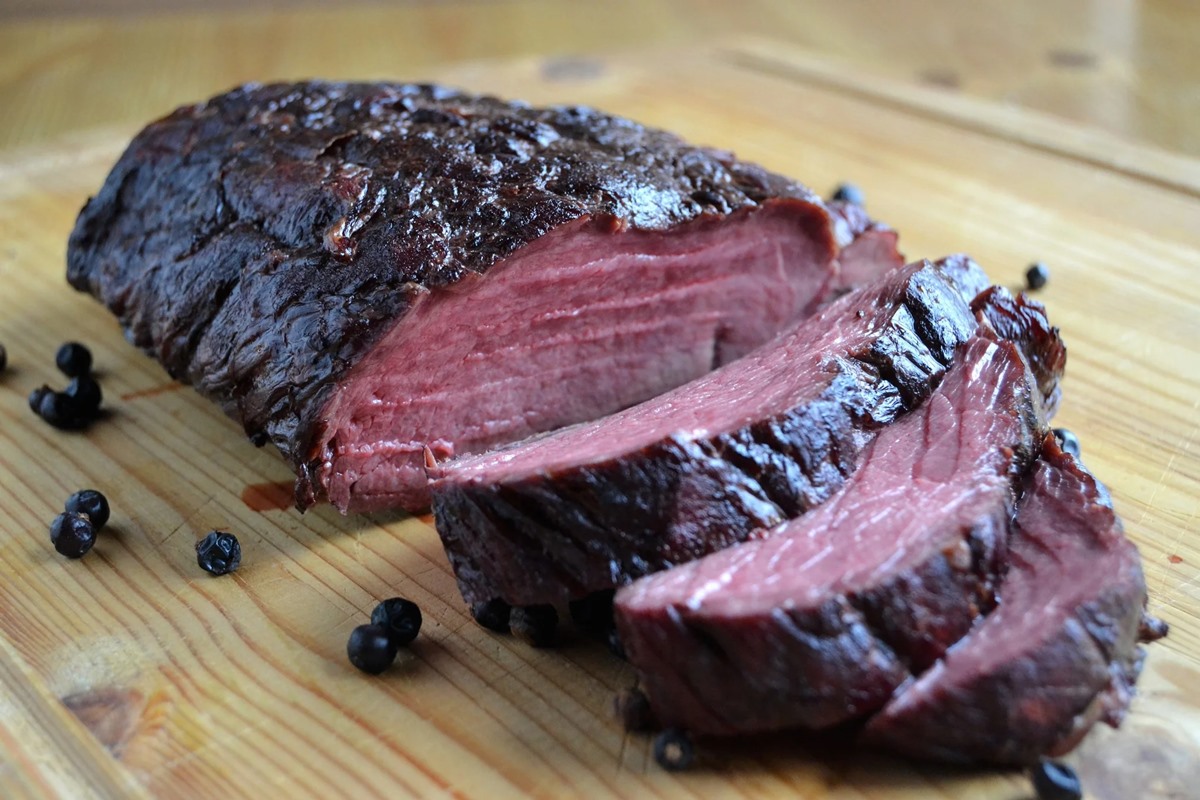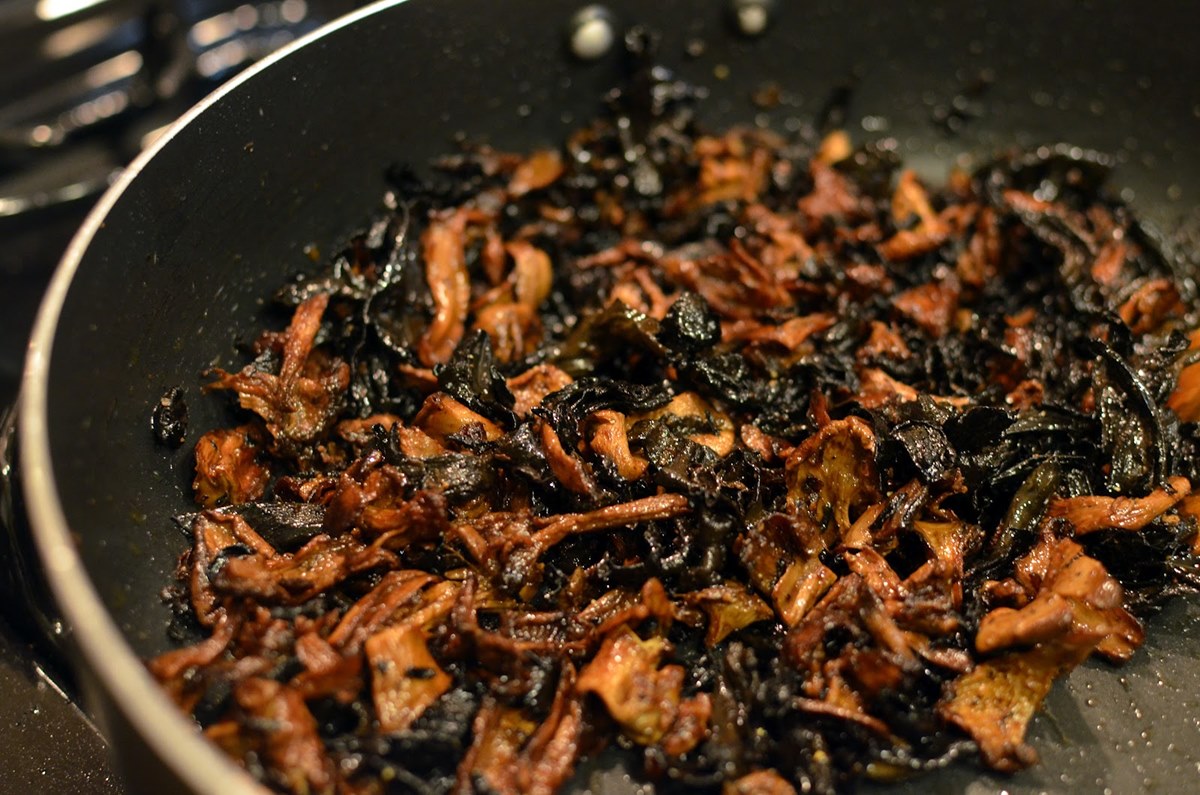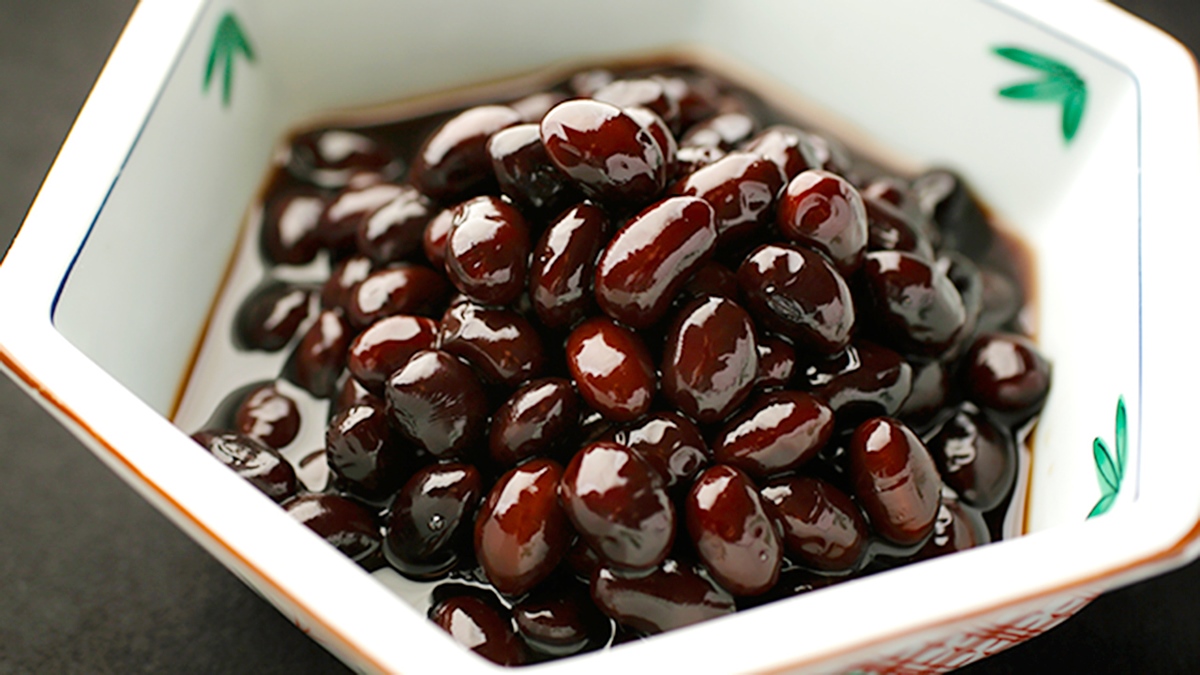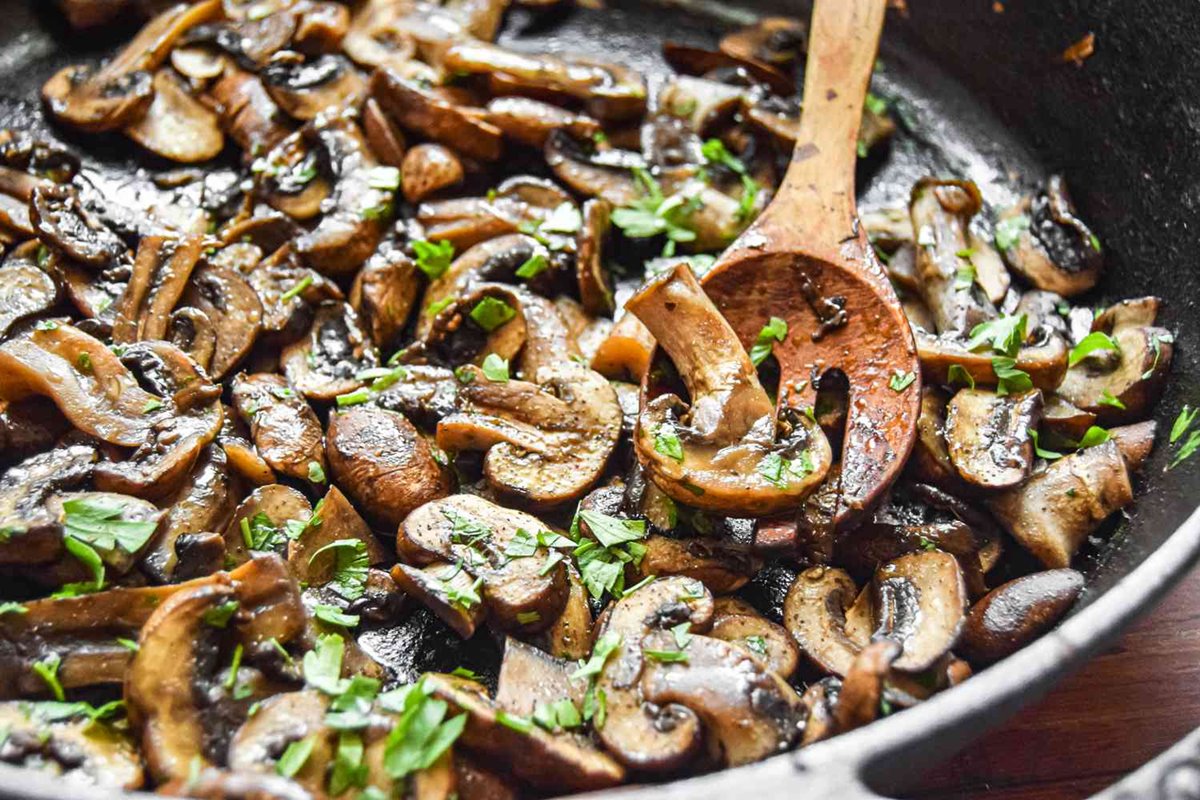How To Cook Egg For Dog
As a dog owner, you want to ensure that your furry friend gets all the essential nutrients to thrive. Eggs can be a great addition to your dog’s diet, providing them with protein, vitamins, and minerals. However, it’s important to know how to properly cook eggs for your four-legged companion. Here are a few simple steps to follow:
Step 1: Start with Fresh Eggs
Always use fresh eggs when cooking for your dog. Look for eggs with clean shells and a valid expiration date. Fresh eggs are not only safer to consume but also provide better nutritional value.
Step 2: Choose the Cooking Method
There are various ways to cook eggs for your dog. You can choose to boil, poach, scramble, or make an omelette. Each method has its benefits, so let’s explore a few:
- Boiling: Boiled eggs are easy to prepare and can be chopped into small pieces for your dog.
- Scrambling: Scrambled eggs can be a tasty treat for your pup, and you can even add some dog-friendly ingredients like cooked bacon or vegetables.
- Omelette: If your dog has a more refined palate, you can try making a simple omelette with eggs and a bit of cheese.
Step 3: Cooking the Eggs
Regardless of the cooking method you choose, make sure to avoid using any seasonings or additives that may be harmful to your dog. It’s best to keep it simple and only cook the eggs until they are fully cooked and firm.
Step 4: Serving Size and Frequency
The appropriate serving size of eggs for your dog depends on their size, age, and overall health. As a general guideline, small dogs can have about half an egg per day, while larger dogs can have a whole egg. However, it’s crucial to consult with your veterinarian to determine the right portion for your furry friend.
Additionally, eggs should be served as an occasional treat or as part of a balanced diet. They should not replace your dog’s main meals or be the sole component of their diet.
Step 5: Monitor Your Dog’s Reaction
After introducing eggs into your dog’s diet, keep a close eye on their digestion and overall well-being. While eggs are generally safe for dogs, some may experience allergies or digestive issues. If you notice any adverse reactions like upset stomach or skin problems, discontinue feeding eggs and consult your veterinarian.
In conclusion, eggs can be a nutritious and tasty addition to your dog’s diet. Always use fresh eggs, choose the right cooking method, and serve them in moderation. By following these steps, you can provide your furry friend with a delicious and wholesome treat!
For readers looking to try out some delicious and dog-friendly egg recipes, the guide offers a variety of options. They can start with the Classic Scrambled Eggs for Dogs for a simple and nutritious meal. For something a bit more exciting, the Dog-Friendly Omelette with Cheese is a fantastic choice that adds a cheesy twist. If they want to add some veggies to their dog's diet, the Veggie-Packed Scrambled Eggs for Dogs is perfect. For a special treat, the Cheesy Egg Muffins for Dogs are easy to make and great for portion control. Finally, the Salmon and Egg Scramble for Dogs offers a protein-rich option that's sure to be a hit.
Was this page helpful?
Read Next: How To Cook Dry Egg Noodles











